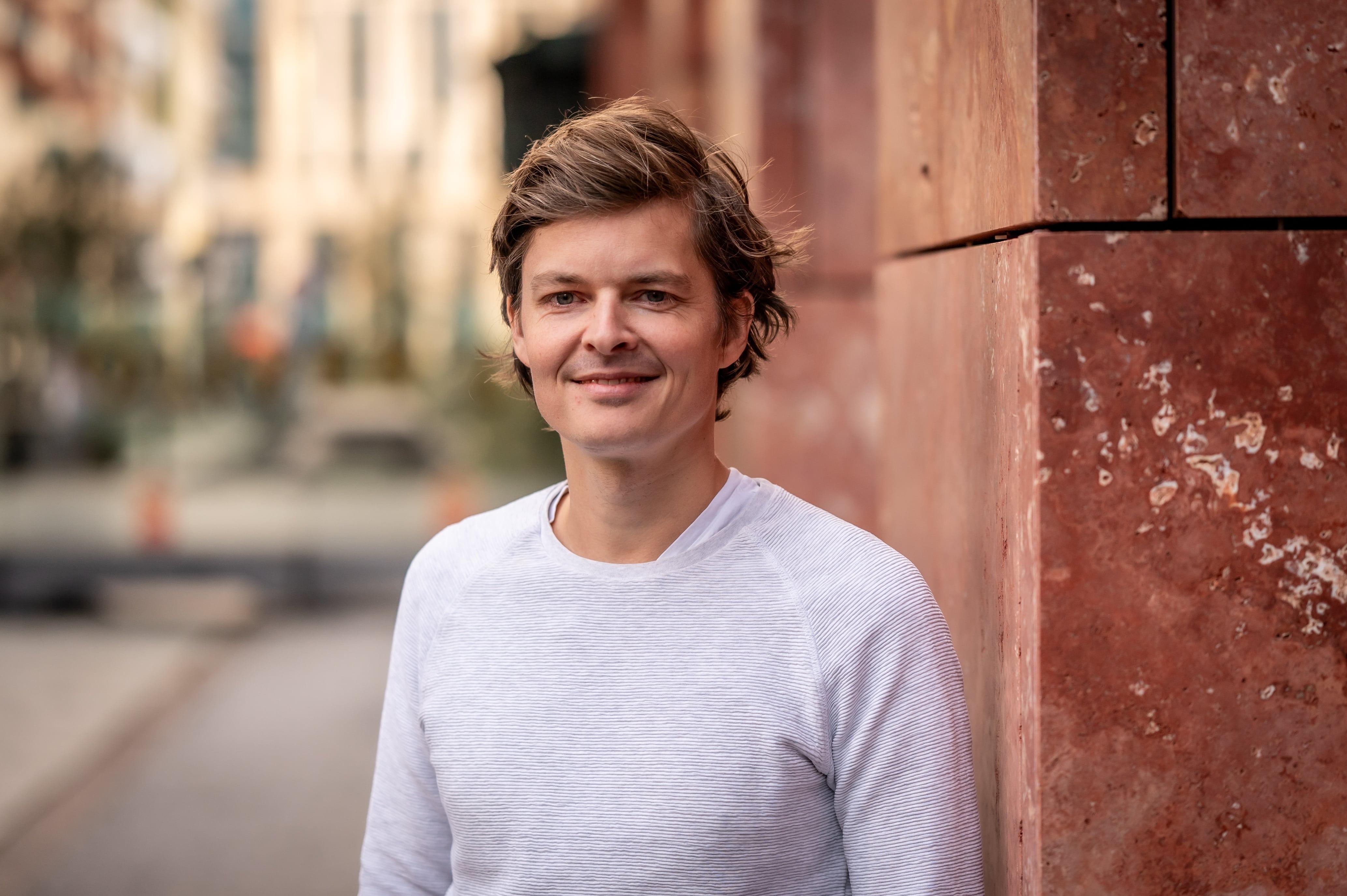
The Implementation of MiCAR in Europe: The Netherlands Takes the Lead

24 January 2025
The Markets in Crypto-Assets Regulation (MiCAR) is now active, marking a significant milestone in the regulation of the European crypto sector. We are currently in the transition period. A good moment to take the opportunity to assess the market and analyze the progress of MiCAR implementation across Europe.
This article is partly based on the Cryptocast episode 'The Netherlands is at the forefront, but much is unclear about EU crypto law MiCAR' in which Mauro Halve, Head of Compliance at Amdax and member of industry association VBNL, was a guest of host Daniël Mol and co-host Bert Slagter.
Let's talk about MiCAR
MiCAR introduces comprehensive regulation for the crypto sector across the EU, with the primary goal of protecting consumers and investors. The regulation consists of four main components:
- Stringent rules for stablecoins
- Strict regulations for crypto businesses
- Rules for crypto-assets
- Prohibition of market abuse
MiCAR represents a substantial shift from the current registration regime to a licensing system. While the previous system focused primarily on anti-money laundering measures for exchange and custody services, MiCAR introduces a wide range of licensing requirements for ten different crypto services. The introduction of MiCAR along with the TFR (Transfer of Funds Regulation, also know as the Travel Rule) and DORA (Digital Operational Resilience Act) represents a major milestone in the professionalization of the crypto-industry.
A Significant Challenge
The MiCAR licensing application process presents a considerable challenge for crypto businesses. License applications are extensive, with Amdax's initial application to the AFM containing more words than the Lord of the Rings trilogy.
Differences across EU member states
Despite MiCAR's aim to create a uniform regulatory framework, there are differences among EU member states:
- Transition periods vary from 6 months in the Netherlands to 18 months in countries like France and Malta.
- Supervisory costs are distributed differently between the sector and the government across countries.
- Language requirements in some countries make them less attractive to international parties.
In the Netherlands, the AFM is now the supervisory authority. Crypto businesses in the Netherlands generally speak positively about the regulator, describing it as constructive, transparent, and strict but fair. The AFM is seen as one of the most progressive supervisors in Europe, evidenced by the fact that the first four licenses were granted in the Netherlands.
Other countries are progressing more slowly. In Belgium and Portugal, it is still unclear who will be the supervisor. In Germany, the implementation of MiCAR has been significantly delayed due to political changes.
No License Shopping
These differences lead to a complex landscape in which crypto companies must make strategic choices about where to apply for their MiCAR license.
However, companies cannot simply choose any European country to submit their MiCAR license application. An important condition in this regard is the concept of 'substance', or the actual presence and activities of the company in the country concerned. Different EU member states have varying requirements regarding substance. For example, France has relatively heavy substance requirements, where companies must be physically present in the country with a minimum of 15 employees. In addition to personnel, substance requirements can also relate to having an office, a compliance department, and at least one director in the country of application. Furthermore, the transition period only applies in countries where you have already obtained a local registration. These requirements are intended to prevent companies from simply 'shopping' for the most favorable regulations without actually being established in the country where they apply for their license.
All MiCAR Licenses Granded by the Netherlands
So far, four MiCAR licenses have been granted, all in the Netherlands:
- Bitstaete
- ZBD
- Moonpay
- Hidden Road
Based on public data and his network, Mauro has compiled a list of crypto parties and the countries where he expects major companies to apply for MiCAR licensing:
Netherlands:
- Amdax
- Bitonic
- Bitvavo
- Bybit
- Coinmerce
Ireland:
- Coinbase
France:
- Binance
- Swissborg
- Kraken
Luxembourg:
- Bitstamp
Malta:
- OKX
- Gemini
- Kucoin
Lithuania:
- Huobi
- Bitget
It is still unknown where Bitfinex and crypto.com will submit their applications. The latter has a European headquarters in France, but also offices in the popular countries Ireland and Malta.
A New Era for Crypto in Europe
With only four MiCAR licenses granted so far, we are at the beginning of a new era for the European crypto sector. The next six to eighteen months will show how the implementation of MiCAR develops further. In the Netherlands, we will closely follow the progress of crypto companies in completing their license applications over the coming half year.
We will also see to what extent different countries interpret and implement MiCAR, and whether a level playing field indeed emerges as intended. As the deadlines for transition periods approach, we are likely to see more consolidation in the sector, potentially leading to a more concentrated but possibly more robust European crypto landscape.
The outcome of MiCAR will not only be decisive for the future of crypto in Europe but may also serve as an example for other countries and continents.

Our website uses cookies
We use cookies to personalize content and advertisements, to offer social media features and to analyze our website’s traffic. We’ll also share information about your usage with our partners for social media, advertising and analysis. These partners can combine this data with data you’ve already provided to them, or that they’ve collected based on your use of their services.